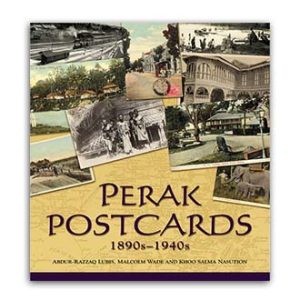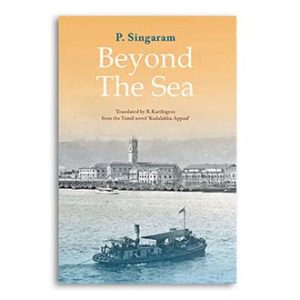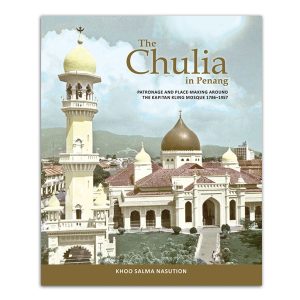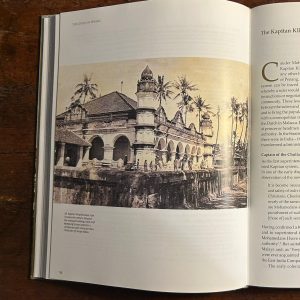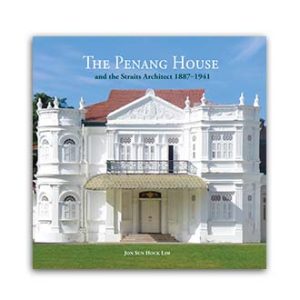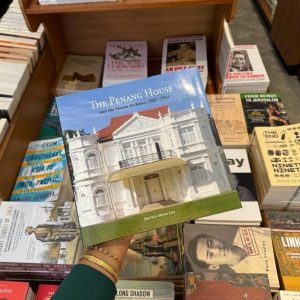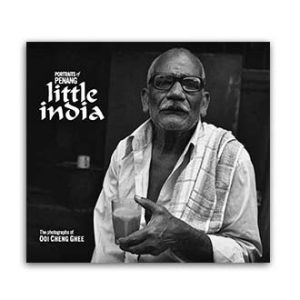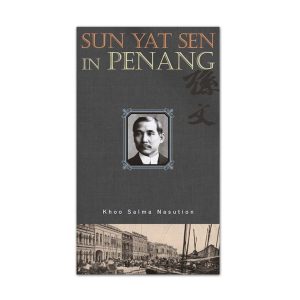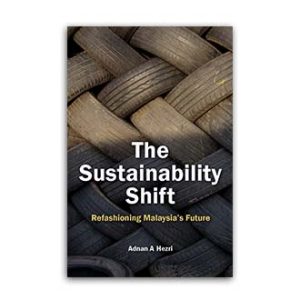Who are the Malaysian Telugus? In studies on South Indians in Malaysia, the Malaysian Telugu ethnic community is mentioned only in passing or ignored altogether. Indeed, Malaysian Telugus are a minority within a minority.
Telugus from Andhra Pradesh in British India came to British Malaya in the nineteenth century to work as farmers. The early Telugu migrants in Bagan Datoh and Teluk Intan, Perak, made unrelenting efforts to preserve their language and culture through Telugu schools, ritual worship and foodways. The early matriarchs proved themselves to be heroic pillars of strength and guardians of tradition; the next generations of Telugus derived immense pride from their remembered histories.
Today, the Telugu Association of Malaysia (TAM) organises language classes and activities to build Telugu ethnic identity in a multicultural Malaysia.
Written in a narrative style, this work describes the development of the Malaysian Telugu community and the identity contestations that inevitably occur in pluralistic environments. Based on a six-year PhD study, this book demonstrates that Teluguness is alive and well, and likely to flourish in Malaysia.
CONTENTS
Foreword by Yang Berhormat Terence Naidu
Foreword by Dato’ Dr Abdul Rahman Embong
Foreword by Professor Datuk Dr Paul Chan
Message by Dr Vengkata Prathap
Message by Datuk Dr Achaiah Kumar Rao
Author’s Preface
1 • Introduction: The Magic of Ethnography
Inspiration for the Research
Trawling the Academic Literature
Sociological ‘Discovery’ through Ethnography
From outsider to insider to Enduring Friendship
2 • A Dip into History
Journeys of the Pioneers
Settling in British Malaya
Telugus in Malaysia today
3 • Sprouting mini-Andhras
The Indomitable Spirit of the Telugu Pioneers
Inheriting the Stories and Dreams of the Pioneers
Finding Affluence in the Suvarnabhumi
How many Telugus are there?
4 • Remembered Histories of Telugu Legacies
Maritime Networks across the Indian Ocean
The Cultural Gifts from Andhra
The Telugus’ Claim over Parameswara of Melaka
Telugu Pride for the Meaning of the Term ‘Kling’
5 • Social Boundaries of Community
Early Bonding amongst the Pioneers
Common Roots beget Solidarity
We are Telugus, the Tamils are ‘Indians’
Telugu–Tamil Contestations rooted in the Scriptures
A Grudge over Statehood for the Motherland
Grievances arising from the Absence of Telugu Entertainment
Telugu Women’s Dress Code: A Community Differentiator
A Fault-line Running Deep in the Community
Two Sides of the Same Coin
6 • Speaking the ‘Divine’ Mother Tongue with Pride
Maa Telugu Thalli (Our Mother Telugu)
More Telugu than the Telugus of Andhra Pradesh
The ‘Shakespearean’ Telugu of Malaysia
Fluency in Written and Spoken Telugu
7 • The Beacons of Education, now Extinguished
The First Telugu Schools
The Rise and Fall of Telugu Schools
The Telugu School Teachers
Pupils’ Own Language (POL) Classes
Telugu Schools: Dimming Beacons of Cultural Heritage
8 • The Matriarchs and the Feminine Aspects of Telugu Identity
Legendary Matriarchs
Contemporary Matriarchs
Telugu Women’s Attire
The Nuptial Chain
Vaishnavite-inspired Doorway Deities
A Powerful Sisterhood
9 • New Ways of Being Telugu
The Impetus for Urban Migration
New Urban Realities
Negotiating Ethnicities in Mixed Marriages
Home Altars and Pooja Rituals
Resurrecting Telugu Culture
Staying Connected to One’s Roots
Conversion to Christianity
The Telugu Virtual Community
10 • Vaishnava Temples and Village Deities
Venerating the Grāmadevatās
The Vaishnava Temples in Bagan Datoh and Teluk Intan
Sree Rama Temple, Batu 21 (21st Mile), Bagan Datoh
Venkateswara Alayamu, Sungai Sumun, Bagan Datoh
Ramulluvaaru Gudi, Bagan Datoh Estate
Hare Rama Hare Krishna Temple aka ISKCON, Teluk Intan
Sri Rama Temple, Cicely Estate, Teluk Intan
Village Deities in Bagan Datoh and Teluk Intan
Bhulokamma Temple, Batu 24 (24th Mile), Bagan Datoh
Mothallamma Temple, Cicely Estate, Teluk Intan
Mariamman Temple, Ratanui Estate, Teluk Intan
A Tale of Two Temples
Temple Festivals and Cultural Activities
Becoming Malaysian Telugus, by first becoming More Telugu
11 • The Telugu Association of Malaysia (TAM)
How TAM came into being
The Journey of the Sanggamu from its Nascent Days to TAM
The Constitution of the Telugu Association of Malaysia
Music, Cultural and Religious Activities
Educational and Economic Activities
Joint Communal Investments
Kalaachaara Camps
Telugu Language Classes
TAM’s Initial Challenge
An Evening with the Prime Minister
A Stamp commemorating 150 years of Malaysian Telugu Heritage
TAM’s Publications
Conferences, Exhibitions and Book Launches
Conclusion
Abbreviations & glossary
Bibiliography
Index
Photographs













